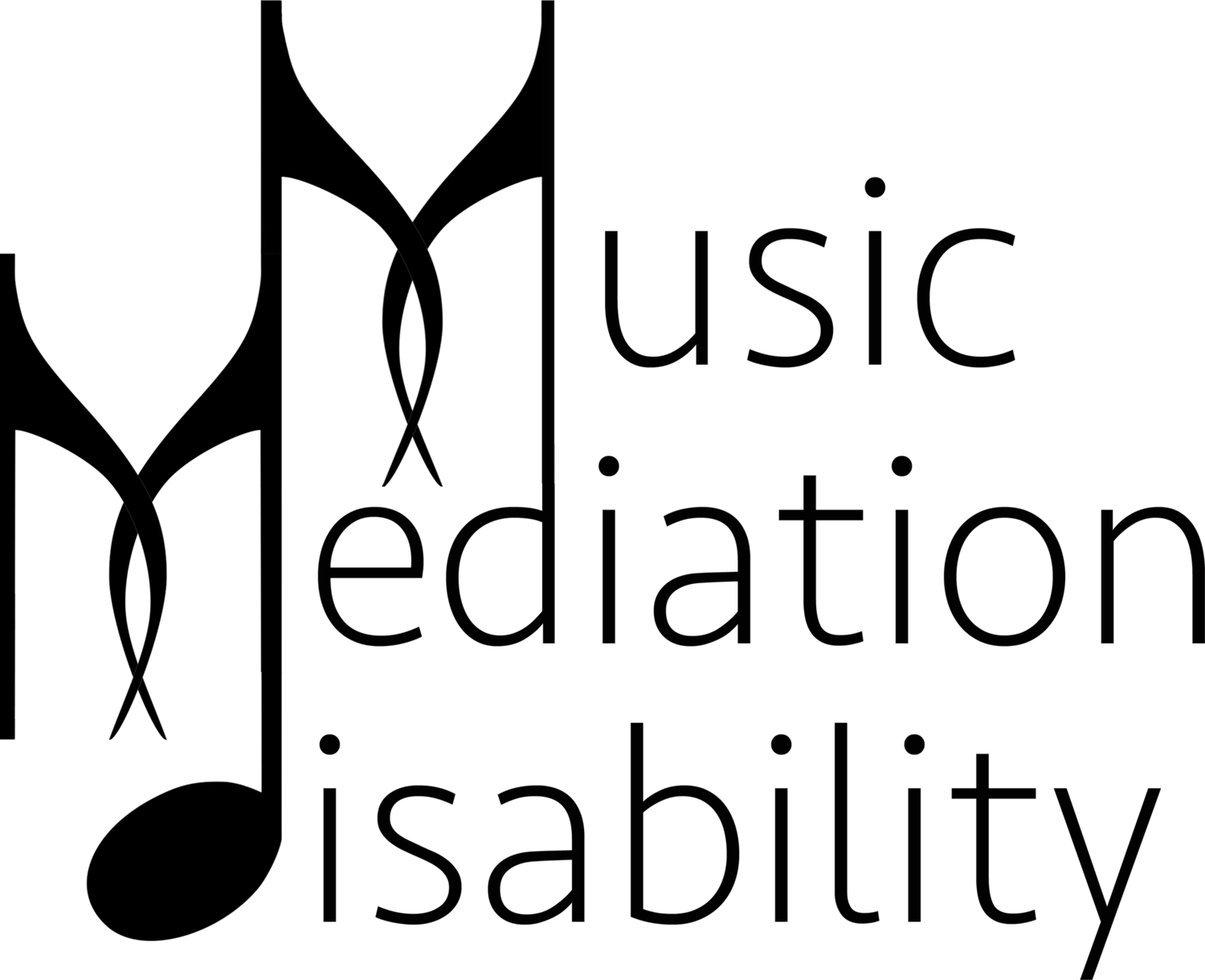About the Symposium
The idea for this symposium stems from several years of considering the possibility of having a pre-conference symposium organized by the American Musicological Society’s music and disability study group. Eventually, this idea came to fruition through conversations between James Deaville (Carleton University) and Stefan Sunandan Honisch (University of British Columbia), co-chair with Jeannette DiBernardo Jones of the AMS Music and Disability Study Group.
Stefan then invited Chantal Lemire (Western University) as chair of the Society for Music Theory’s Interest Group on Music and Disability and Natalia Esling (University of British Columbia) from Theatre and Performance Studies to contribute to planning this symposium. Following a serendipitous conversation with Samantha Jones at the 2020 online conference of Music and the Moving Image, the Society for Ethnomusicology’s Disability and Deaf Studies Special Interest Group became involved in the organization, represented by Samantha Jones (Harvard University) and Ailsa Lipscombe (University of Chicago).
This symposium also emerged from discussions about the singular opportunities we had, in navigating the necessary transformations brought about by the Covid-19 pandemic, to rethink conference practices that have often excluded scholars at the intersections of race, gender, disability, and class. The symposium welcomes voices, perspectives, and methodologies too often passed over in pre-pandemic modes of scholarly communication.
This current moment, even with its many complexities and challenges, offers an opportunity to think-through equity and access, different modes of sharing knowledge and experience, and questions of power dynamics in institutional and artistic contexts. We hope to open up conversations about how research is being conducted during this time, foregrounding experiences and work of disabled scholars, artists, and artist-scholars. Specifically, we hope to highlight the interdisciplinary nature of music and disability studies, its connection to the performing arts, sound and performance studies, and the broader interconnections between this work and issues of representation, advocacy, and empowerment.
A key goal of the symposium has therefore been to create a platform for diverse voices where artists and scholars from around the world have an opportunity to share their research and their perspectives in a welcoming and accessible context. We are pleased to welcome presenters from across the globe, including Canada, Australia, Brazil, the UK, and the US, who are working as graduate students, instructors, practitioners, performers, and professors.

